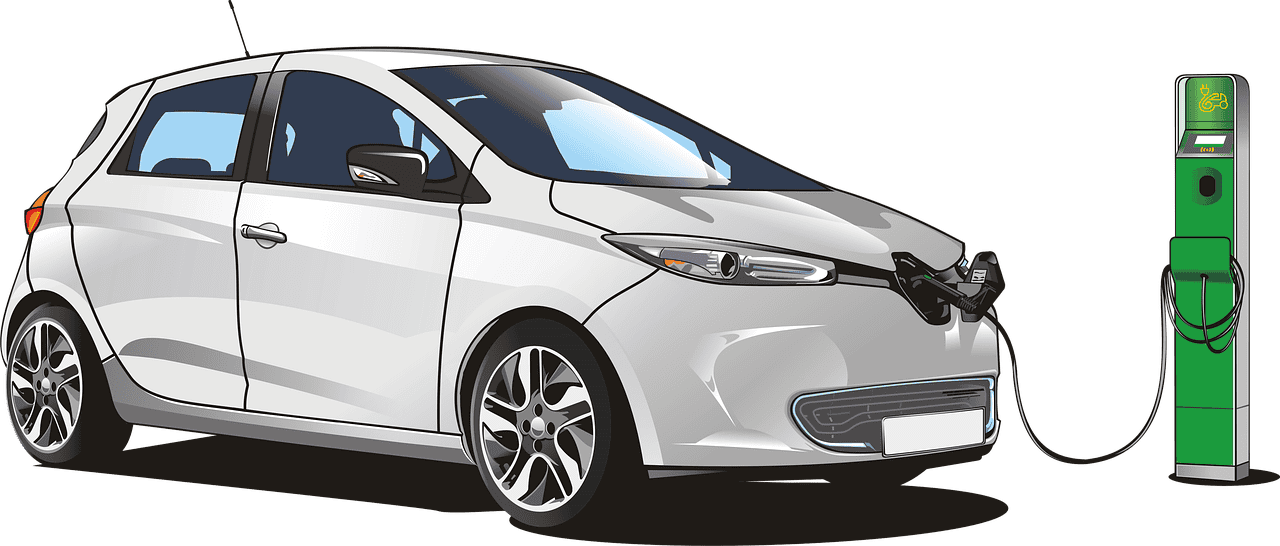Marketing Manager (Nestle) | Posted on | others
It is right to say that electric vehicles can be the future of India?
Fashion enthusiast | Posted on
A large percentage of Indian consumers think an electric vehicle is going to be completed by 2023, but they also think it won’t be easily accessible until 2025. While the average retail cost for electric vehicles globally is $36,000, Indian customers are seeking a lower pricing compared to those in other nations. (Approximate twenty-seven lakh rupees). Around the world, batteries made with lithium-ion cost about $250/kWh, which equates to about Rs5.7 lakh only in battery costs. An electric vehicle now costs higher than traditional cars since lithium-ion cells make up 50% of their price.
Batteries made from lithium-ion are hampered by the protective properties of the cells against detonation. For electric vehicles in India, power presents a big challenge, and a dearth of charging infrastructure could additionally be taken into account, making them unsuitable or much less suitable for lengthy distances travel. Most electric vehicles are also slower than conventional petrol engines. India might take the initiative by switching to electric vehicles transportation at this crucial time, when many countries are fighting to free the planet from the grip of greenhouse gases and carbon dioxide, giving the nation a healthier and more sustainable ecology.

(Image credit :- pixabay)
Why are electric cars beneficial for India?
Six of the ten most polluted metropolitan areas on earth are located in India. The usage of fossil fuels is the primary reason for this increase in pollution. Fossil fuels are used to power nearly every vehicle in India, especially some railways and two- and four-wheelers. India sells 86% of its petroleum products, meaning that it only produces 14% of the energy it requires domestically and sells the remaining 86%. Nevertheless, since these purchases require the usage of dollars from the United States, the Indian Foreign Exchange Reserve is decreased. The effects of advanced artificial intelligence on self-driving automobiles, worldwide global warming, heat greenhouse gases, the agreement of Paris on climate change, and more are all examined. Electric vehicles are unquestionably the next big thing in mobility.
India's Market Share for Electric Vehicles:
The Indian vehicle sector is currently the number five in the world, and by 2030, it is expected to overtake the United States as the largest. The Indian electric vehicles industry would grow at a 36 percent CAGR, based on to the India Energy Storage Alliance (IESA). India supplies over eighty percent of its petroleum products, making reliance on traditional sources of energy unfeasible as the population of the nation expands and the requirement for vehicles rises. By the year 2030, NITI Aayog anticipates that all commercial automobiles will have an electric vehicles market share of seventy percent, as well as thirty percent for personal automobiles, forty percent for buses, and eighty percent for two- and 3-wheeled vehicles To achieve net-zero emissions of carbon by 2070, this would be sustainable.
Importing parts and supplies for electric vehicles:
The vast majority of electric vehicle components must be imported into India because to a shortage of innovation. An electric vehicles cell is extremely significant. All cells currently employ lithium-ion technological advances. Once again, the lithium deposits in India are unknown. Due to its crucial dependence on China, India is forced to purchase the majority of its battery and electric vehicleparts from that country.
Also Read- What are the advantages of electric vehicles (EVs) compared to petrol vehicles?
0
0 Comment
